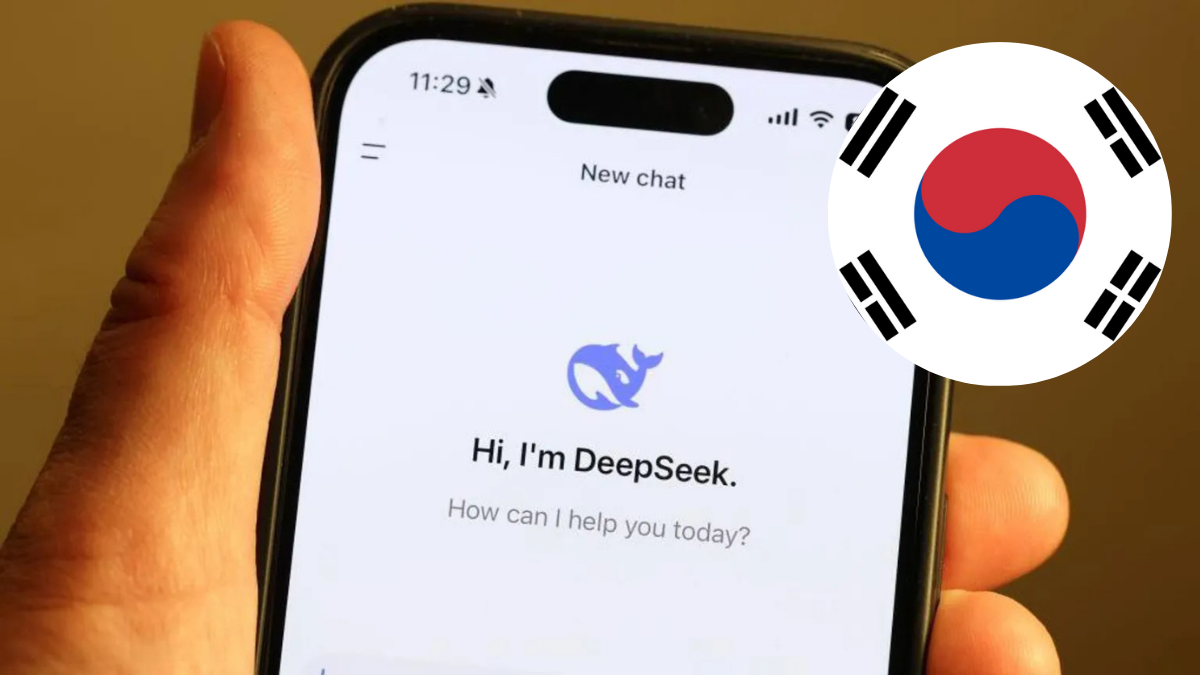Seoul, South Korea – The South Korean government has banned new downloads of the Chinese AI chatbot DeepSeek due to concerns about personal data protection. The Personal Information Protection Commission (PIPC) stated that the ban will remain in place until DeepSeek complies with the country’s data privacy regulations.
DeepSeek, developed by Chinese firm High-Flyer, quickly gained popularity in South Korea, amassing over 1.2 million users and becoming the country’s second-most popular AI model after OpenAI’s ChatGPT. However, its rapid rise also raised alarms over excessive data collection and insufficient transparency regarding how user data is managed.
The PIPC’s investigation found that DeepSeek was gathering extensive personal data, including keystroke patterns, which could potentially be used for identity tracking. South Korea’s National Intelligence Service (NIS) warned that user chat records might be stored on Chinese servers, making them subject to Chinese cybersecurity laws. There were also concerns that the chatbot provided advertisers unrestricted access to user data, increasing the risk of misuse.
As a result, South Korean government agencies and major corporations have restricted the use of DeepSeek on official devices, citing national security risks. The chatbot has been removed from Apple’s App Store and Google Play in the country, preventing new users from downloading it. However, existing users can continue using the service, and it remains accessible through its website.
South Korea is not the only country scrutinizing DeepSeek. Italy’s data protection authority has temporarily banned the chatbot, citing concerns over its opaque data collection and storage practices. In the United States, lawmakers have proposed a bill prohibiting DeepSeek on federal devices, and states like Texas, Virginia, and New York have already enforced such bans.
Similarly, Australia and Taiwan have barred DeepSeek from government devices, while regulators in France and Ireland are seeking more details on how the company handles user data. Despite these challenges, DeepSeek continues to operate in various markets, with its developers pledging to address privacy concerns and enhance compliance measures.
DeepSeek’s AI model has been praised for its efficiency, boasting reasoning capabilities comparable to OpenAI’s GPT-4 but at a fraction of the cost. This has fueled debate over the sustainability of massive AI investments in the U.S. and other countries, as DeepSeek’s rapid ascent challenges Silicon Valley’s dominance in artificial intelligence.
As concerns over AI ethics, data privacy, and national security mount, DeepSeek’s future in South Korea and other key markets remains uncertain. The company has yet to outline a clear strategy for meeting regulatory requirements, but ensuring robust data protection measures will likely be essential for its continued global expansion.

